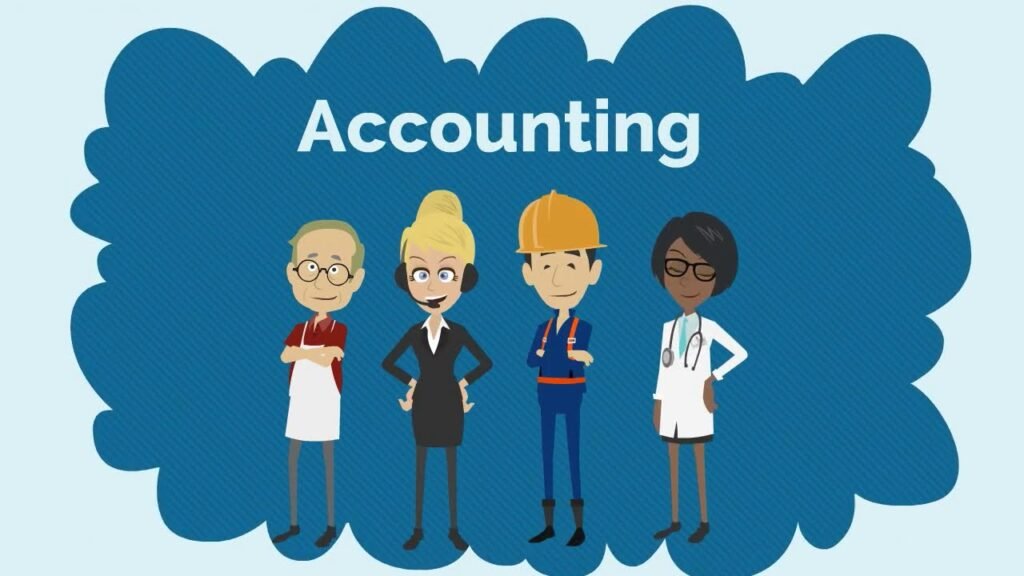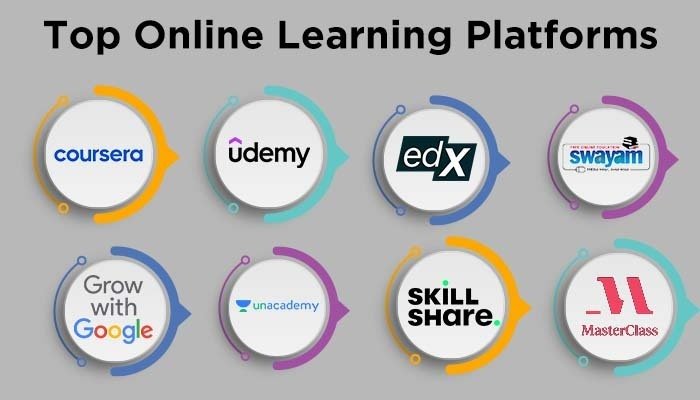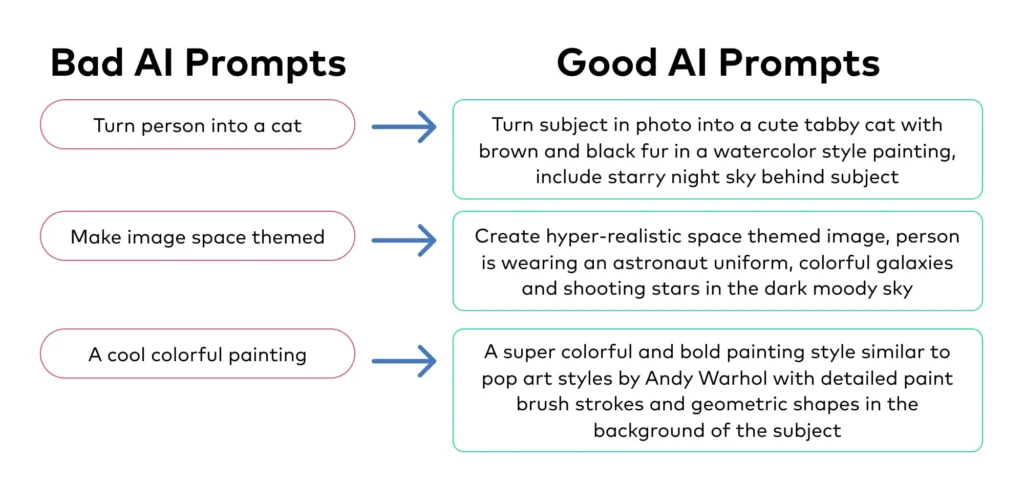Running a successful business starts with understanding your numbers. Whether you’re launching a startup or managing an established small business, accounting skills are essential . The good news? You don’t need a formal degree to master them.
Thanks to online learning platforms, there are now affordable, flexible, and expert-led courses that teach everything from basic bookkeeping to advanced financial planning.

Top 10 Online Business Courses in Accounting
1. Financial Accounting Fundamentals – Coursera
Learn the basics of financial statements, assets, liabilities, and more from the University of Virginia.
2. Accounting Tools for Decision Making – LinkedIn Learning
Perfect for entrepreneurs who want to use accounting data to make smart business decisions.
3. Bookkeeping Basics – Udemy
A beginner-friendly course covering double-entry bookkeeping, ledgers, and bank reconciliations.
4. Small Business Accounting – Skillshare
Ideal for solopreneurs and freelancers looking to manage their own books efficiently.
5. Introduction to Financial Accounting – edX
Offered by the University of Pennsylvania, this free course provides a solid academic foundation.

6. QuickBooks Online Training – Udemy
Hands-on training using QuickBooks, one of the most popular accounting tools for small businesses.
7. Business Finance Essentials – FutureLearn
Covers budgeting, forecasting, and cash flow management for growing businesses.
8. Accounting for Beginners – YouTube (Free)
Channel like “Farhat’s Accounting Lectures” offer comprehensive free tutorials for beginners.

9. Managerial Accounting – Coursera
Go beyond financial statements and learn how managers use accounting data to drive strategy.
10. Masterclass in Small Business Bookkeeping – Thinkific
A step-by-step guide to setting up your accounting system from scratch.
Tips for Choosing the Right Course
- Know your goals : Are you looking for a basic overview or in-depth financial knowledge?
- Check the credentials : Look for courses taught by certified accountants or finance professionals.
- Consider flexibility : Choose self-paced courses if you’re balancing work and study.
- Read reviews : Real user feedback helps avoid scams and poor-quality content.
- Look for certifications : Some courses offer certificates you can add to your LinkedIn profile.

Frequently Asked Questions (FAQ)
Q: Do I need prior experience to take an online accounting course?
A: Most beginner-level courses require no prior experience. Just bring curiosity and a willingness to learn!
Q: How long do these courses usually take to complete?
A: Duration varies from 4 to 40 hours depending on depth and pace. Many are self-paced.
Q: Are online accounting courses worth it for entrepreneurs?
A: Absolutely! Understanding your finances helps you make better decisions, secure funding, and avoid costly mistakes.
Q: Will these courses help me with tax preparation?
A: Yes, many cover basic tax principles, deductions, and how to work with tax professionals.
Q: Can I get a certificate after completing a course?
A: Most paid courses offer downloadable certificates upon completion—great for resumes and portfolios.
Q: Which platform is best for accounting courses?
A: Popular platforms include Coursera, Udemy, LinkedIn Learning, edX, and Skillshare .






0 Comments